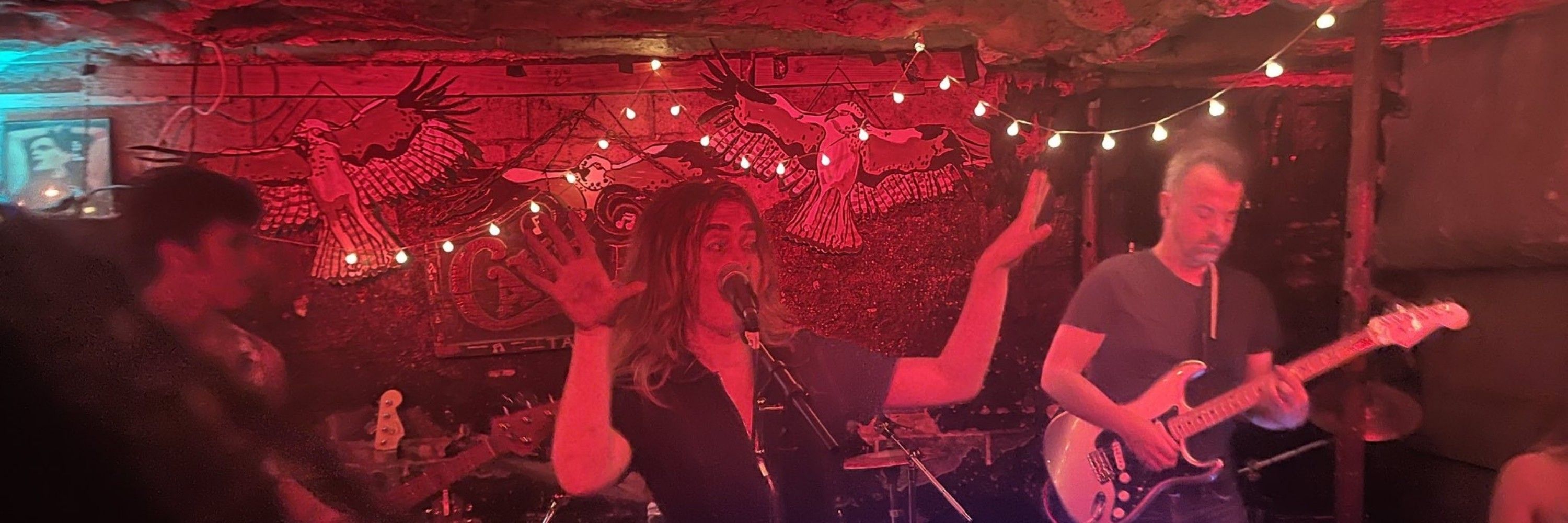Stephen Vaisey
Professor at Duke University. Cultural evolution, public opinion, social change, nerdy quant stuff in R. https://vaiseys.github.io/
Read the Syllabus | Bonfirebonfire.com A fundraiser for Fast Capitalism. A fundraiser for Fast Capitalism http://fastcapitalism.com
Opinions on hard-to-discuss topics change more via cohort replacement | Evolutionary Human Sciences | Cambridge Corewww.cambridge.org Opinions on hard-to-discuss topics change more via cohort replacement - Volume 6
gssr is now two packages: gssr and gssrdockieranhealy.org Summary
My gssr package is now two packages: gssr and gssrdoc. They’re also available as binary packages via R-Universe which means they will install much faster.
The GSS is a big survey with a big co...
Re-analysis of Ciacci (2024).pdfdrive.google.com
New book offers thoughtful approach to modeling complex social systemswww.santafe.edu <p>In his new book <em>Modeling Social Behavior: Mathematical and Agent-Based Models of Social Dynamics and Cultural Evolution</em>, SFI External Professor Paul Smaldino provides an excellent introduc...
OSFosf.io
Here’s the Unsealed Report Showing How Harvard Concluded That a Dishonesty Expert Committed Misconductwww.chronicle.com Francesca Gino said that another professor could have meddled with her data — but Harvard said she didn’t offer any proof.
